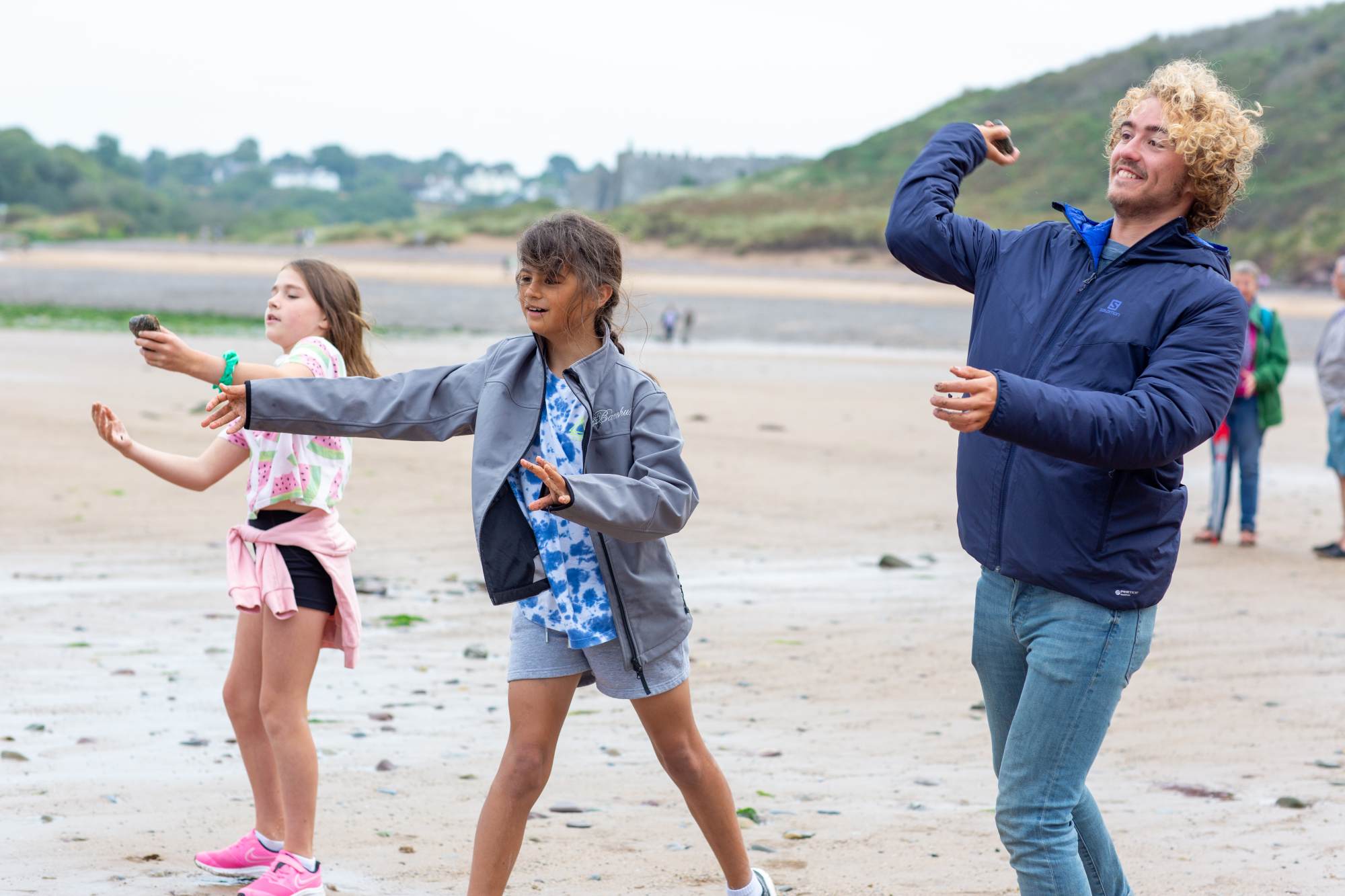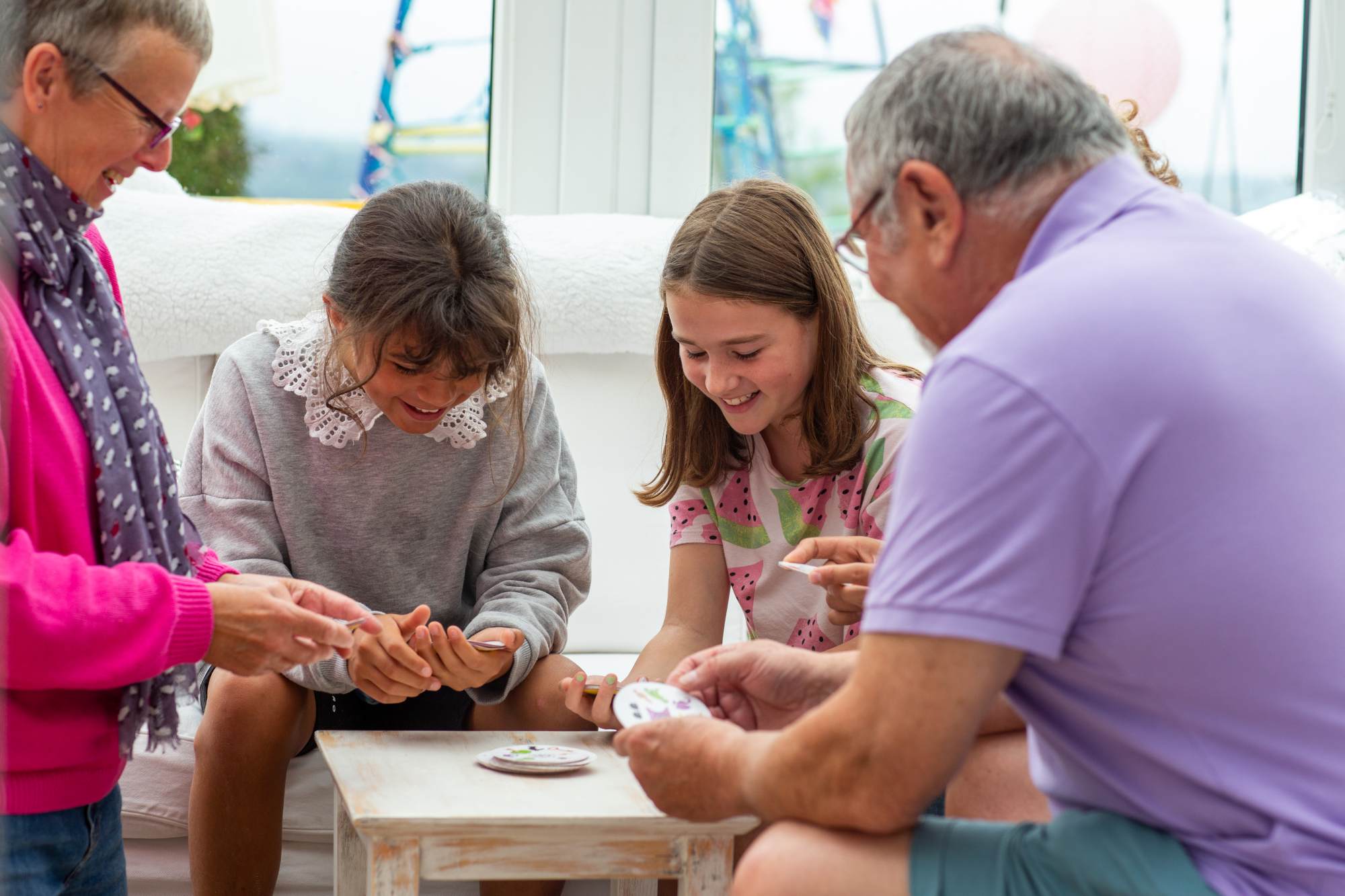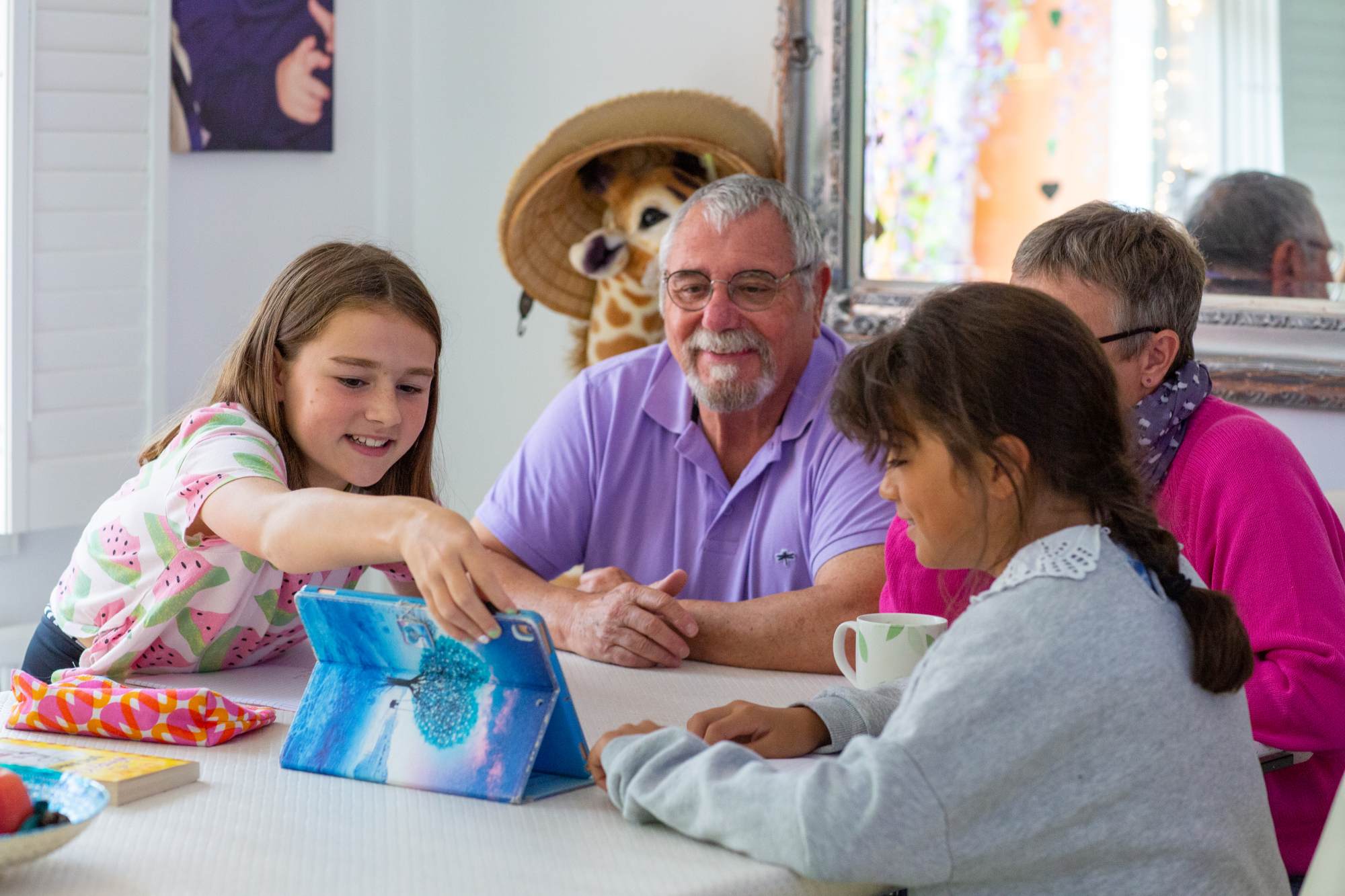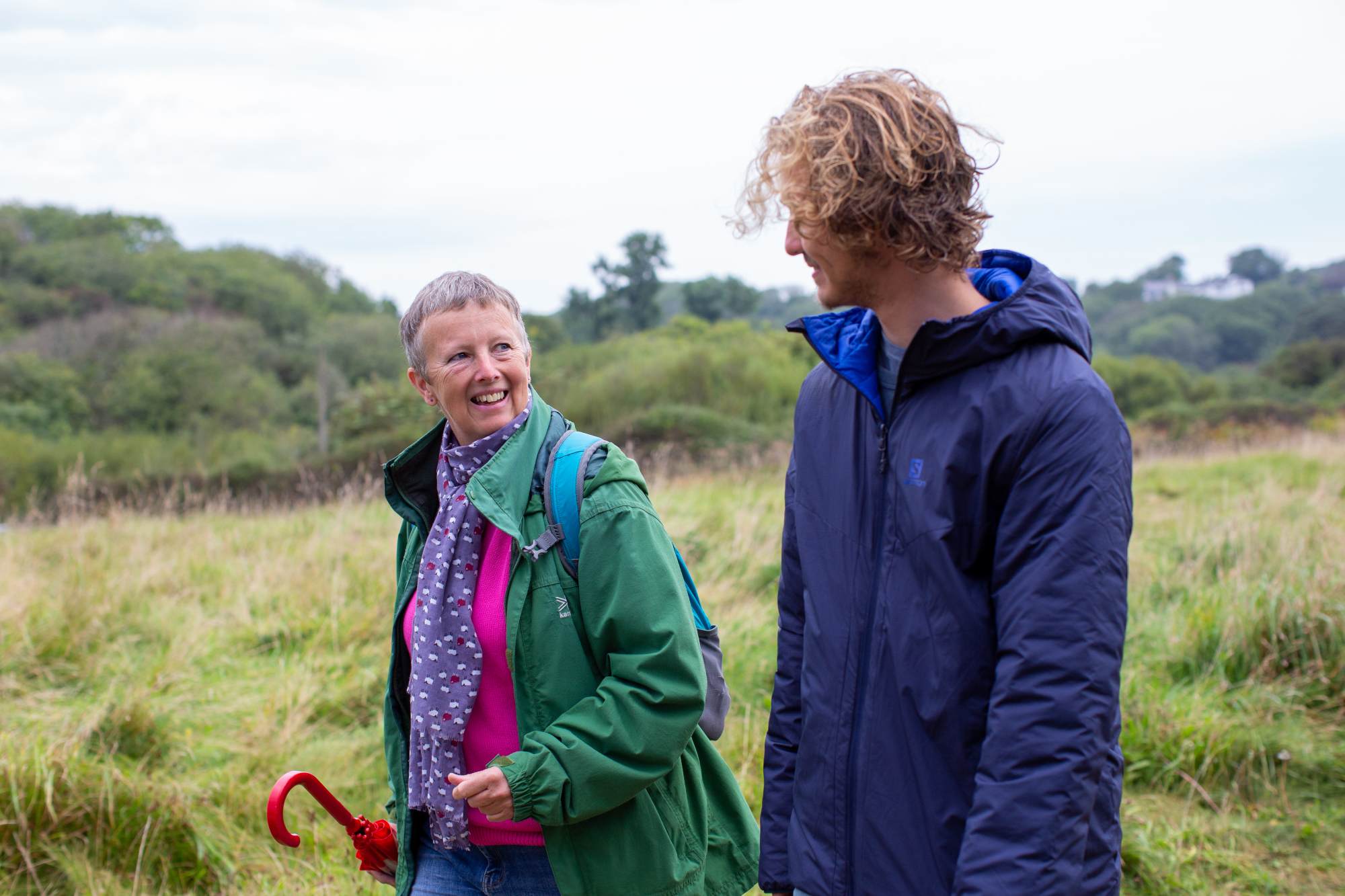ways to foster
types of fostering
types of foster care
A safe space to enjoy life, experience new things and be supported. That’s what we strive to provide all our foster children. With your help, we can.
The types of foster care cover a broad spectrum, yet all share the same aspirations.
Fostering can mean an overnight stay, a short-break or something more long-term.
short-term foster care

Short-term foster care can mean a day, a month or a year. It means the plans for a child’s future are still being made. So, as a short-term foster carer, you’re there to provide stability and support until it’s time for the next step.
You work with us on the journey to securing ‘permanence’. This means always being there to help a child while they need you, and then helping them to move on.

A short stay doesn’t mean a small impact. Short-term foster care is often the first positive change for a child, and can be the bridge to a really bright future.
long-term foster care

Some children are unable to live at home. That’s why in Pembrokeshire, long-term foster care options are a great way to ensure the safety and development of the children in our care.

This could mean a fresh start. The beginning of a journey for you and the child you care for. An adventure filled with love and laughs, security and stability for years to come. That’s what all children deserve, and together we can provide exactly that.
specialist kinds of foster care
Short-term and long-term cover all kinds of foster care, including some more specialist types which have a specific type of approval. These could include…

short breaks
Time away from everyday life can be a great help for children and their families. Short breaks make this possible.
Taking a child in overnight, during the day or at weekends – also known as ‘support care’ – can play a huge role in the growth of that child. Designed with the child’s needs at heart, a short break is a chance for them to experience new things in a safe environment, to grow and build connections.

parent and child
With Pembrokeshire parent and child fostering, you share your own skills and experience with someone who really needs that support. Your insight could be invaluable to parents who aren’t quite ready to do things on their own.
Read More: What is parent and child fostering in Pembrokeshire?

therapeutic care
We all know that in children’s formative years, their emotional and behavioural needs must be nurtured if they are to reach their potential. Therapeutic carers and their children have an extra level of support available.

supported lodgings
If you don’t think fostering is right for you at this time, then you might want to consider become a supported lodgings carer. Our supported lodgings carers offer a spare room in their home to young people aged 16-21, welcoming care leavers, young people in care, or homeless young people who are not yet ready to live independently and who will benefit from the security, support and guidance that you can provide. Find out more here.

